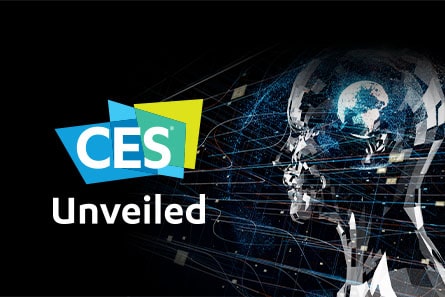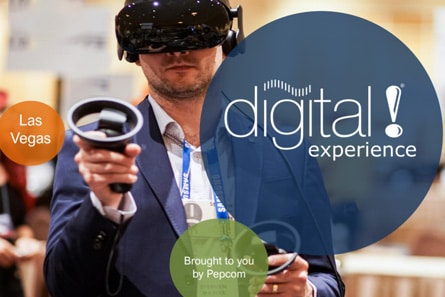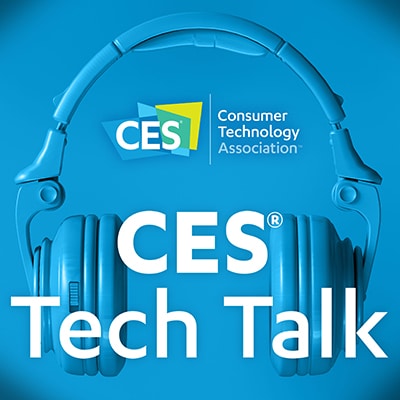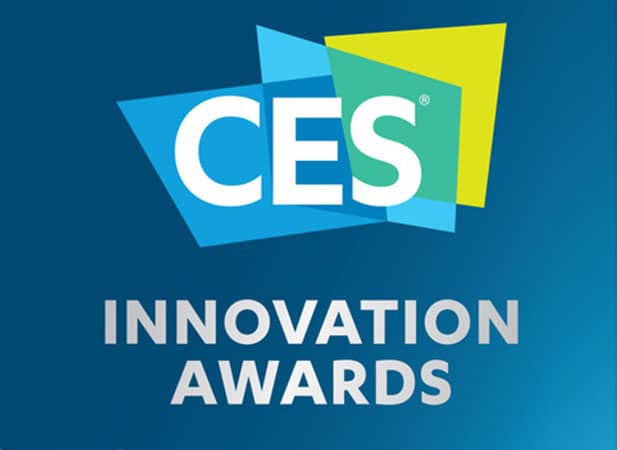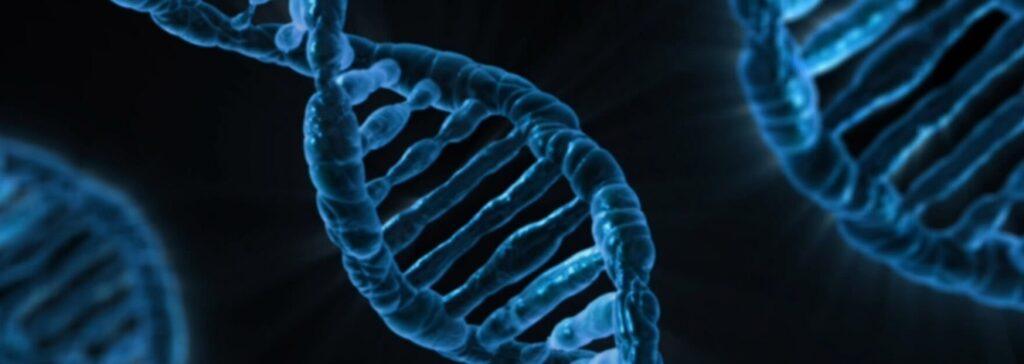
Remember when selling your phone’s contact list felt like crossing a line? Those days look quaint compared to what’s happening with your genetic code.
The genomics industry has quietly morphed into something resembling the App Store—except instead of downloading games, companies are uploading your DNA to digital marketplaces where it becomes another commodity. Over 330 gene editing and genomics firms worldwide are racing to monetize the most personal data imaginable: your genetic blueprint.
The Genetic Gold Rush Gets Digital
Think of it like Uber, but for chromosomes. Data marketplaces—valued at $1.49 billion in 2024 and projected to more than triple by 2030—now enable automated buying and selling of genetic datasets alongside your shopping habits and location data. Your 23andMe spit tube results could theoretically end up bundled with thousands of other profiles, anonymized and sold to pharmaceutical companies or insurance analysts.
This isn’t some dystopian future scenario. It’s happening now, accelerated by the spectacular collapse of 23andMe in early 2025.
When Genetic Giants Fall
The 23andMe implosion created a legal nightmare that should terrify anyone who’s ever mailed saliva to learn about their Irish heritage. Alabama Attorney General Steve Marshall didn’t mince words: “Consumers should seriously consider deleting their accounts to protect their personal genetic data.”
Harvard law experts warn that if acquisition companies “lack good data security, there’s a possibility of breach.” Translation: your genetic information could become the next major data leak, except this time hackers get your predisposition to heart disease instead of your Netflix password.
The Privacy Patchwork Problem
Here’s what’s keeping privacy advocates up at night:
- State genetic privacy laws vary wildly, creating regulatory Swiss cheese
- Federal legislation remains incomplete and inadequate for genetic marketplaces
- Consumer consent frameworks weren’t designed for DNA-as-a-service models
- Bankruptcy proceedings lack clear protocols for genetic data transfer
- De-identification standards may not prevent genetic re-identification
The scariest part? Unlike your email or credit card number, you can’t change your genetic code when it gets compromised.
Your DNA contains the ultimate non-renewable personal resource—and unlike your Spotify data, genetic information reveals details about family members who never consented to participate. The app store for your genes is opening whether you’re ready or not, but the terms of service might be written in your chromosomes’ permanent ink.
Last modified: August 1, 2025



